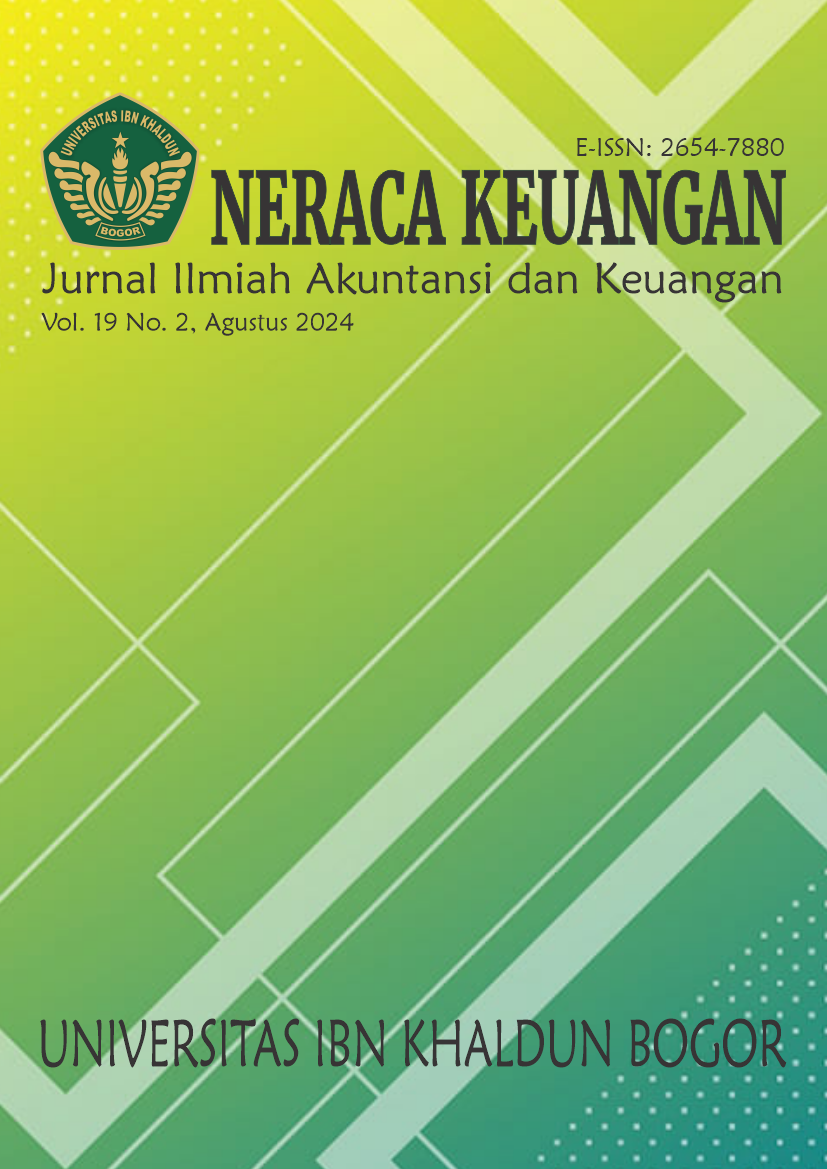Developing an Entrepreneurial Mindset in Youth: Investigating Locus of Control and Self-Efficacy among Students of Pringsewu Business Management Vocational School
DOI:
https://doi.org/10.32832/neraca.v19i2.17369Abstract
The objective of this research is to investigate the Locus of Control and Self Efficacy among students in developing their entrepreneurial mindset in their Youth. Unemployment and poverty remain significant issues faced by the people of Indonesia both currently and in the coming years. The persistent high unemployment rate in Indonesia continues to be a pervasive problem. This study used a quantitative research design, employing both exogenous and endogenous variables, as well as moderator variables that either strengthen or weaken the relationship between the variables. The research was conducted at Vocational High School (SMK) in Pringsewu Regency during the 2023/2024 academic year's even semester. The study's population consisted of all class XI students majoring in business management at vocational schools across Pringsewu Regency, with a total of 114 students at each school. The sample size was determined using the Slovin formula, with a population of 89 students and a significance level of 0.05. The results showed that research was conducted on 73 students who obtained the results that locus of control had an effect on entrepreneurial intentions as seen in the tcount for the variable locus of control (X1) of 2.993 > ttable (1.667) with a probability value (sig.) of 0.004 < 0.05 with Thus, H0 is rejected and Ha is accepted, which means that the locus of control variable (X1) has a positive and significant effect on entrepreneurial intentions (Y). Self-efficacy influences entrepreneurial intentions as seen in the tcount for the self-efficacy variable (X2) of 4.132 > ttable (1.667) with a probability value (sig.) of 0.000 < 0.05, thus H0 is rejected and Ha is accepted, which means that the self-efficacy variable (X2) has a positive and significant effect on entrepreneurial intentions (Y).





















